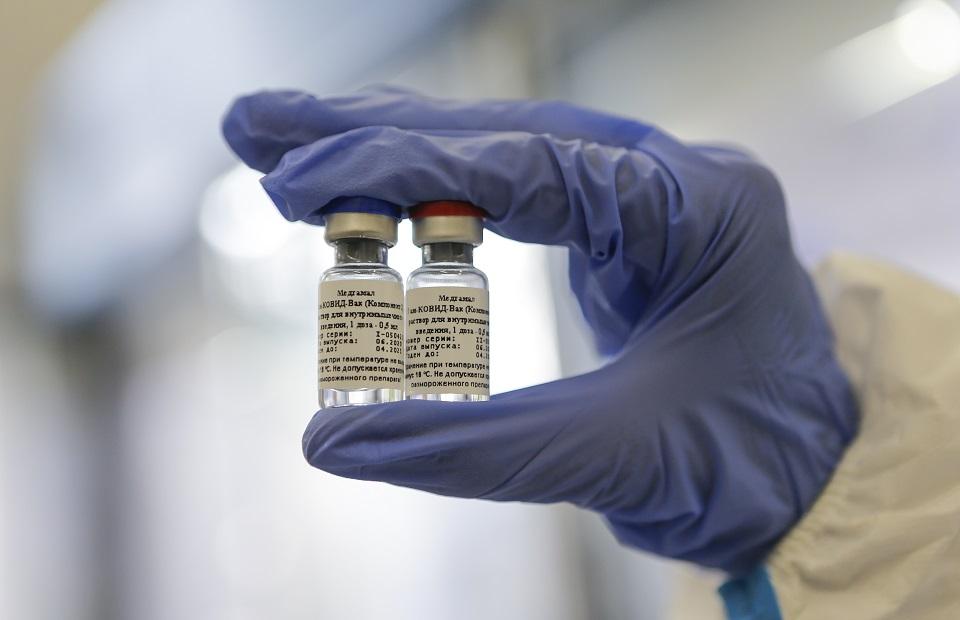Russia admits WHO yet to approve Sputnik V jab over lack of data

MOSCOW — Russia on Tuesday admitted that its homegrown Sputnik V coronavirus vaccine had not yet been approved by the World Health Organization because Russian authorities had not provided enough data.
In August last year, Sputnik V became the world's first approved coronavirus vaccine, when Russian authorities gave it the green light for domestic use ahead of large-scale clinical trials.
"We still haven't provided certain information that needs to be provided for certification because we had a different understanding of what information it had to be and how it should be provided," Kremlin spokesman Dmitry Peskov told reporters.
"We have different standards."
But Peskov said Russia is "gradually, let's say, adapting to these requirements."
While officials sparked concerns over the fast-track process, the jab was since declared safe and more than 90 percent effective in a report published by leading medical journal The Lancet.
But neither the US nor EU medicines watchdogs have so far granted authorization for Sputnik V, which has been used in Russia and a host of other countries since late last year.
The WHO last month said it had restarted the certification process that could grant emergency authorization for Sputnik V after delaying the process for several months but said it still needed "the full dossier on Sputnik."
At home, Russian authorities have faced a vaccine-skeptic population that has seen just 42 percent of Russians fully inoculated.
A Twitter account associated with jailed opposition leader Alexei Navalny on Tuesday blamed the delayed WHO certification process on the Russian authorities and said that it had contributed to vaccine skepticism at home.
"People are dying and they are sorting through paper," the account tweeted.
The WHO has so far granted emergency authorizations to COVID-19 shots Pfizer-BioNTech, Moderna, AstraZeneca, Johnson & Johnson, Sinopharm, Sinovac and India's Bharat Biotech. — Agence France-Presse




